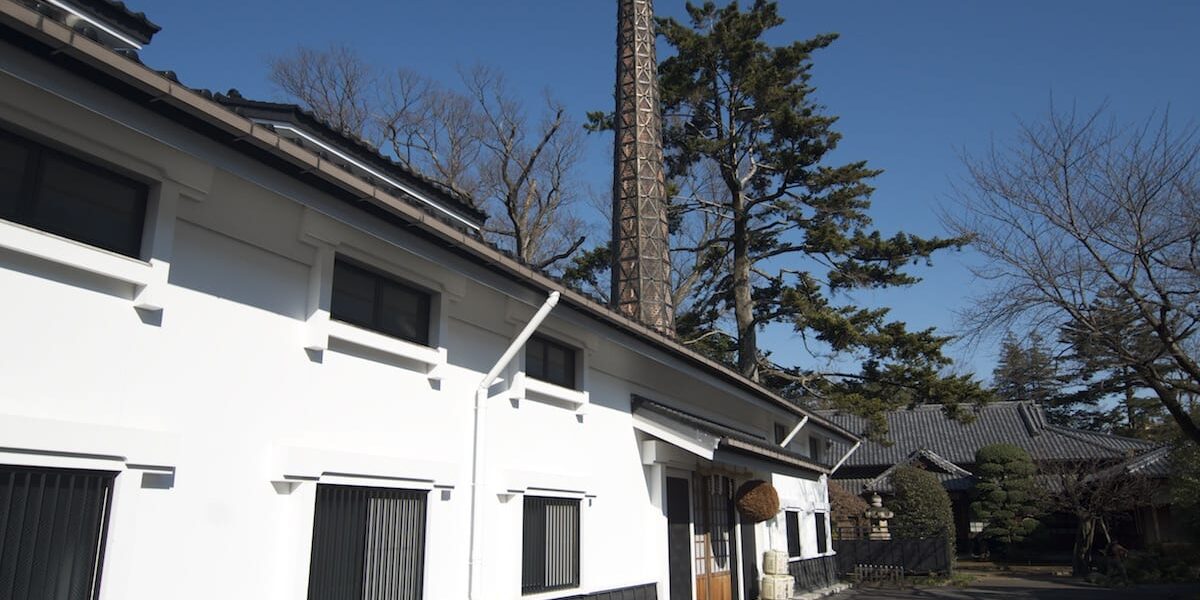
The introduction to our previous issue expressed how excited we were for 2020 because of the Olympics and a number of other trends that would place sake in the international spotlight. Now here we are (and thankfully you are still here).
We had originally planned for this to be a comprehensive Tokyo issue, as the Olympics would have been just around the corner. We decided to stick with the big capital for our theme, but altered our content to reflect the change in reality due to the pandemic. You may also notice that this is, unusually, a spring-summer issue. We had to delay the publication because of an urgent government ‘request’ to restrict movement between prefectures where our contributors are based. We complied. When the situation improved and the request was lifted, Sake Today staff headed out to complete our unfinished coverage in the changed world…
Japan has managed the pandemic well, especially given its population density and older demographics, but it was by no means spared suffering and loss of life. The situation has taken a toll on businesses and people’s livelihoods, as well. Food and beverage establishments have been especially hard hit. In turn, most sake breweries have seen a dramatic decline in sales. While it may seem crass to discuss declines in sales in nearly the same breath as the loss of life, economic losses on the scale we’ve been hearing can impact job security and, in turn, mental health and long-term physical health. We are worried on many levels for our colleagues in the sake industry and the food and beverage industry.
Japan thankfully seems to be on the slow road to recovery. Businesses have reopened for sit-down customers, where before most only offered take-out, if they were even open at all. Festivals and large-scale events remain canceled, including sake festivals, but workers are returning to offices and patronizing local businesses. People are traveling again.
The story is not over, of course. Talk of a second wave lingers. Japan could take a bad turn because of poor decisions and broken discipline… We could end up with another rosy introduction that never came to be if we allow our hope to outrun reality. Instead, we’re going to stay cautiously optimistic and focus on what we know.
One thing that stood out to us over the last few months was the relative calm and stoicism of the sake industry, even if some individuals were fretting in private. More than a few brewery owners that we know saw this as just another challenge nature throws at them every so often. Many of the sponsors you see in this issue explicitly expressed their desire to advertise and make a show of strength in the face of this adversity. We thank them deeply for their support while understanding the circumstances of those that simply were unable to take part at this time.
An industry this old has seen–and overcome–plenty of pandemics and disasters over the centuries. Japan is geographically prone to these things. Ancient history and literature is replete with such stories. Then there are all the disasters of human folly, too: wars, fires, etc. We touch on one such historical episode in this issue and have certainly introduced others in previous issues. Sake has ample memories of war.
Remember that many of the breweries whose sake you enjoy would have endured the 1918 flu pandemic. Wearing a face mask when you’re sick became a practice in Japan before the current pandemic because of that earlier one, in fact. And everyone in Japan has memory of at least one great, disruptive earthquake. Typhoons and floods? That’s a yearly obstacle to stability.
Individual breweries have their own histories and collections of anecdotes about disasters. They also know the triumph of recovery. These moments become part of a lore that’s passed down through the generations and among family and employees. Such histories are an implicit understanding of struggle. “This is what we do–we overcome and brew sake.”
Breweries show such stoicism because they know that their struggles are a part of a longer narrative, and that there will be better times. They endure for those better times. They do so in the faith that you will, too, in order to enjoy the results of their labors. Their message is clear even if they aren’t shouting it from the old, earthquake-cracked doors of their kura. Can you hear them?
Overcome and drink sake.






